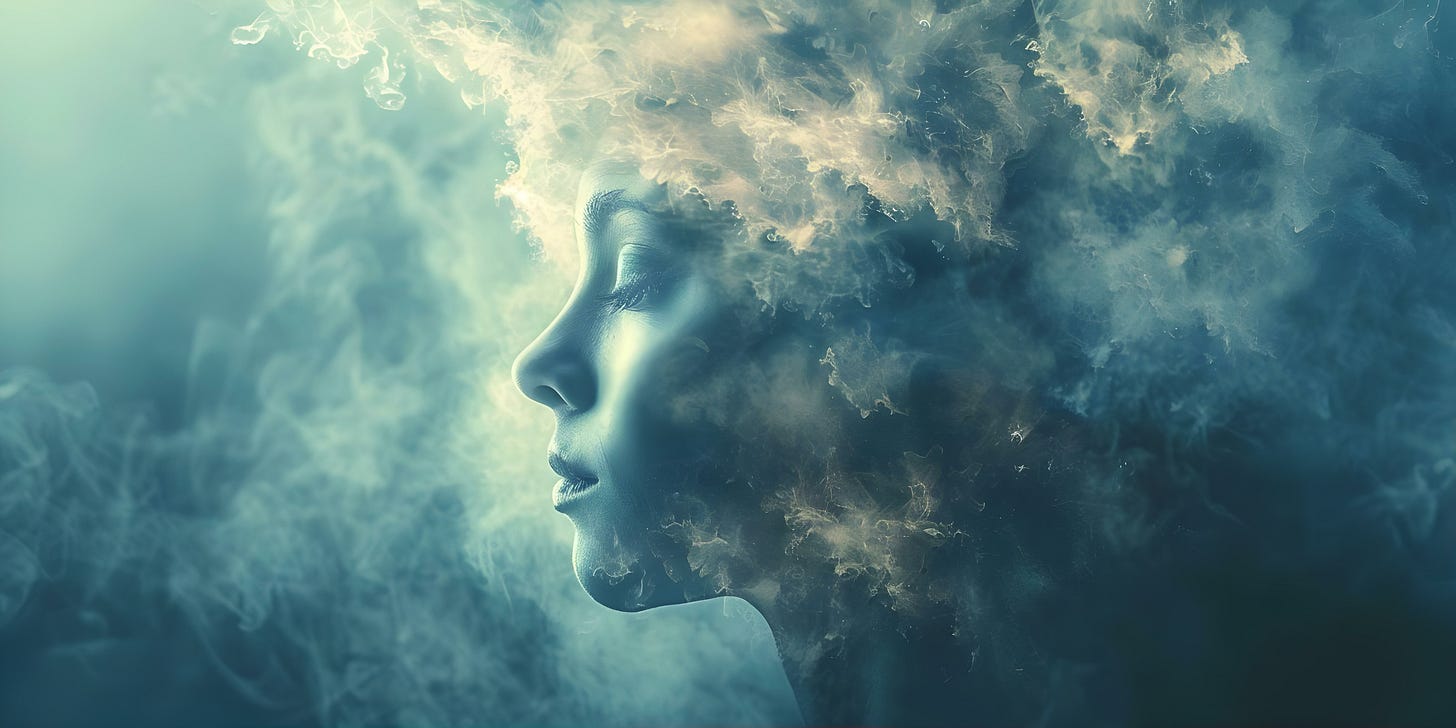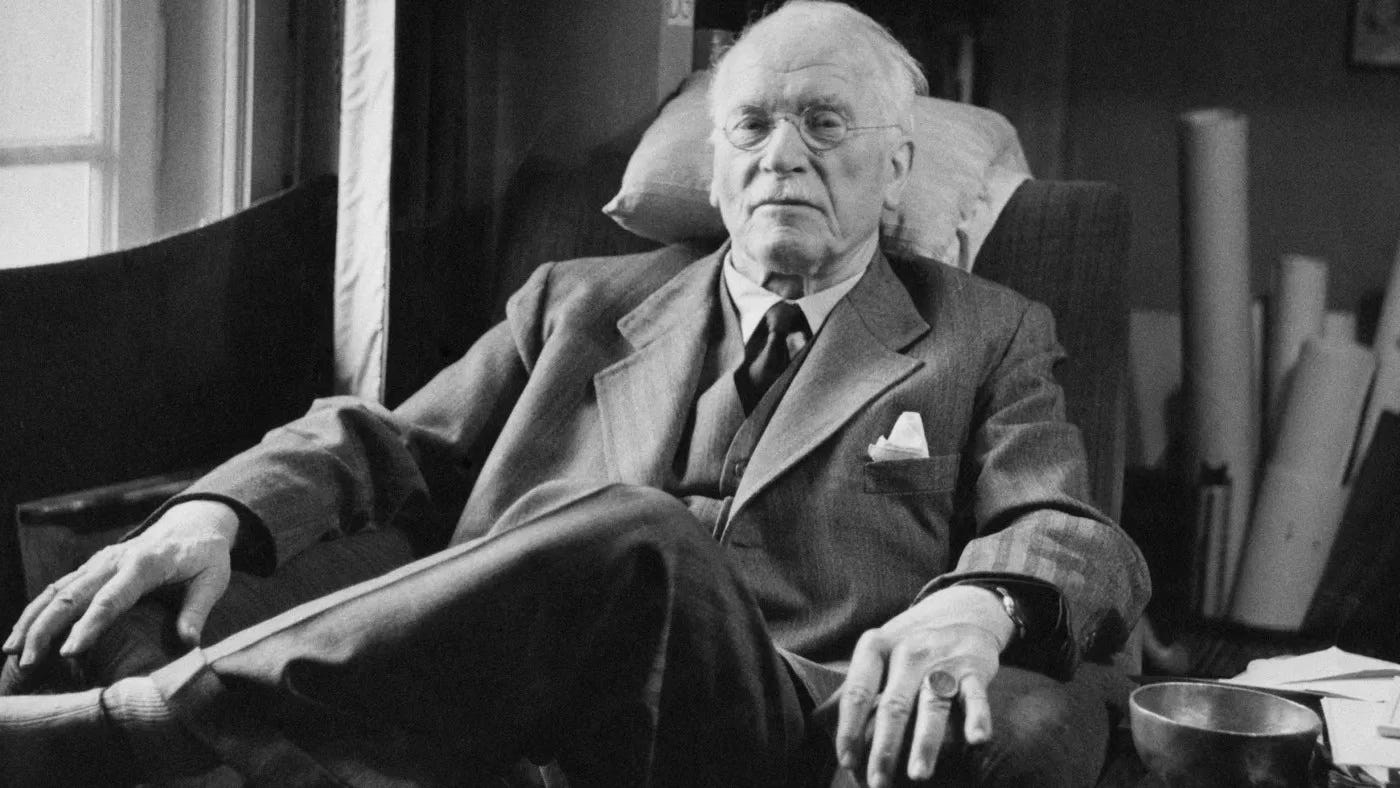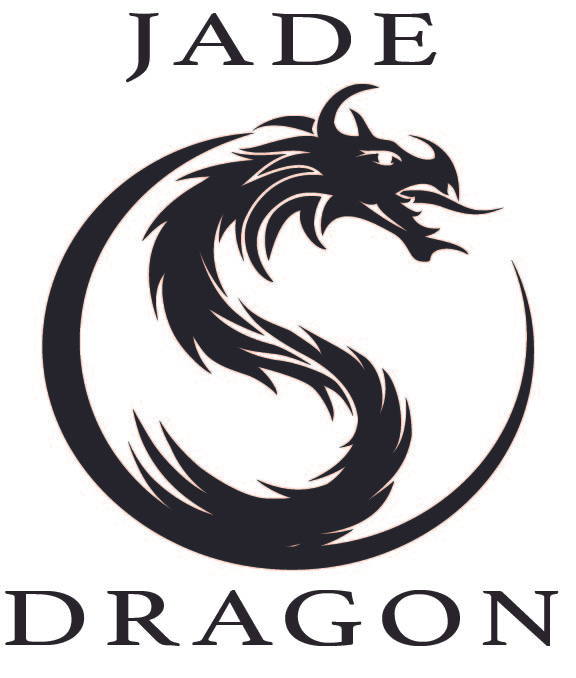Bridging Jungian Psychotherapy and Traditional Chinese Psychology
The confluence of Jungian psychotherapeutic theory and traditional Chinese psychology offers a unique and enriching perspective on the human psyche. Both systems delve deeply into the intricacies of the mind and emotions, seeking to uncover the underlying forces that shape our experiences and behaviors. By exploring the connections between Carl Jung's concepts and the Chinese psychological framework of Hun, Po, Yi, Zhi, and Shen, we can gain a more holistic understanding of mental and emotional well-being.
Core Concepts in Jungian Psychotherapy
Jungian psychotherapy revolves around key principles such as the structure of the psyche, archetypes, individuation, and the significance of symbolism. These concepts provide a comprehensive approach to understanding and integrating the conscious and unconscious aspects of the self.
1. The Structure of the Psyche
Jung's model of the psyche includes the conscious mind, the personal unconscious, and the collective unconscious, each playing a crucial role in our psychological development.
2. Archetypes
Archetypes are universal symbols and themes that arise from the collective unconscious, shaping our experiences and behaviors. Key archetypes include the Self, Persona, Shadow, and Anima/Animus.
3. Individuation
Individuation is the process of integrating the various components of the psyche, leading to the realization of the Self. This journey involves confronting and reconciling unconscious elements to achieve psychological wholeness.
4. Symbolism
Symbols serve as bridges between the conscious and unconscious, appearing in dreams, fantasies, and creative expressions. Engaging with these symbols facilitates personal insight and growth.
Core Concepts in Traditional Chinese Psychology
Traditional Chinese psychology, rooted in ancient Chinese medicine and philosophy, emphasizes the interplay between the mind, body, and spirit. It focuses on the five Shen (spirits) and their associated aspects of the psyche: Hun, Po, Yi, Zhi, and Shen.
1. Hun (Ethereal Soul)
Hun is associated with the Liver and represents the ethereal soul, responsible for dreams, visions, and the ability to plan and aspire. It is akin to the Jungian concept of the unconscious, particularly the personal unconscious and its reservoir of latent potentials and creativity.
2. Po (Corporeal Soul)
Po is linked to the Lungs and represents the corporeal soul, governing physical sensations, instincts, and the body's responses to external stimuli. This parallels the Jungian Shadow, encompassing our primal instincts and repressed emotions.
3. Yi (Intellect)
Yi, associated with the Spleen, governs thought, memory, and the capacity for learning and reasoning. It aligns with the conscious mind and the ego in Jungian theory, responsible for our rational and intellectual faculties.
4. Zhi (Will)
Zhi is connected to the Kidneys and represents willpower, determination, and the capacity to persevere. This aspect can be seen as analogous to the Jungian concept of individuation, emphasizing the inner drive to realize one's true potential.
5. Shen (Spirit)
Shen, associated with the Heart, represents the spirit or consciousness, embodying our capacity for consciousness, insight, and spiritual awareness. It corresponds to the Self in Jungian theory, symbolizing the integration of the psyche and the achievement of psychological wholeness.
Integrating Jungian and Chinese Psychological Concepts
By integrating Jungian psychotherapy with traditional Chinese psychology, we can create a more holistic approach to understanding the human psyche. Both systems offer valuable insights into the interplay between the conscious and unconscious, the role of symbols and archetypes, and the journey towards self-realization.
1. Dream Analysis and Hun
Jungian dream analysis can be enriched by incorporating the concept of Hun, the ethereal soul responsible for dreams and visions. By exploring the symbolic content of dreams through the lens of both Jungian archetypes and the influence of Hun, individuals can gain deeper insights into their unconscious desires and aspirations.
2. Shadow Work and Po
The process of confronting and integrating the Jungian Shadow can be complemented by understanding the role of Po, the corporeal soul governing instincts and physical sensations. Recognizing the interplay between repressed emotions and the corporeal soul can facilitate a more comprehensive approach to shadow work.
3. Conscious Mind and Yi
The integration of the conscious mind in Jungian theory with Yi, the intellect, highlights the importance of balancing rational thought with emotional and spiritual awareness. This alignment encourages a holistic approach to mental and emotional well-being.
4. Individuation and Zhi
The journey of individuation in Jungian psychotherapy resonates with the concept of Zhi, the willpower and determination to achieve one's true potential. By fostering a strong inner drive and resilience, individuals can navigate the challenges of self-realization and psychological growth.
5. Self and Shen
The ultimate goal of both Jungian psychotherapy and traditional Chinese psychology is the realization of the Self or Shen. This process involves integrating all aspects of the psyche, achieving psychological wholeness, and cultivating a deep sense of spiritual awareness and inner peace.
Conclusion
The integration of Jungian psychotherapeutic theory with traditional Chinese psychology offers a profound and holistic approach to understanding the human psyche. By exploring the connections between Jung's concepts and the Chinese framework of Hun, Po, Yi, Zhi, and Shen, we can gain a richer perspective on mental and emotional well-being. This integrative approach emphasizes the importance of balancing the conscious and unconscious, rational thought and spiritual awareness, and individual growth and collective wisdom, ultimately guiding us towards a more fulfilling and harmonious life.
For more information on how practices like Qigong and meditation influence mental and physical health, please head over to www.jadedragon.org.
If you found this post informative, we kindly request you to like, comment, subscribe, and share it with your friends and family. Spreading the word will help us reach more people, offering them the potential for improved health, strength, and peace of mind.






